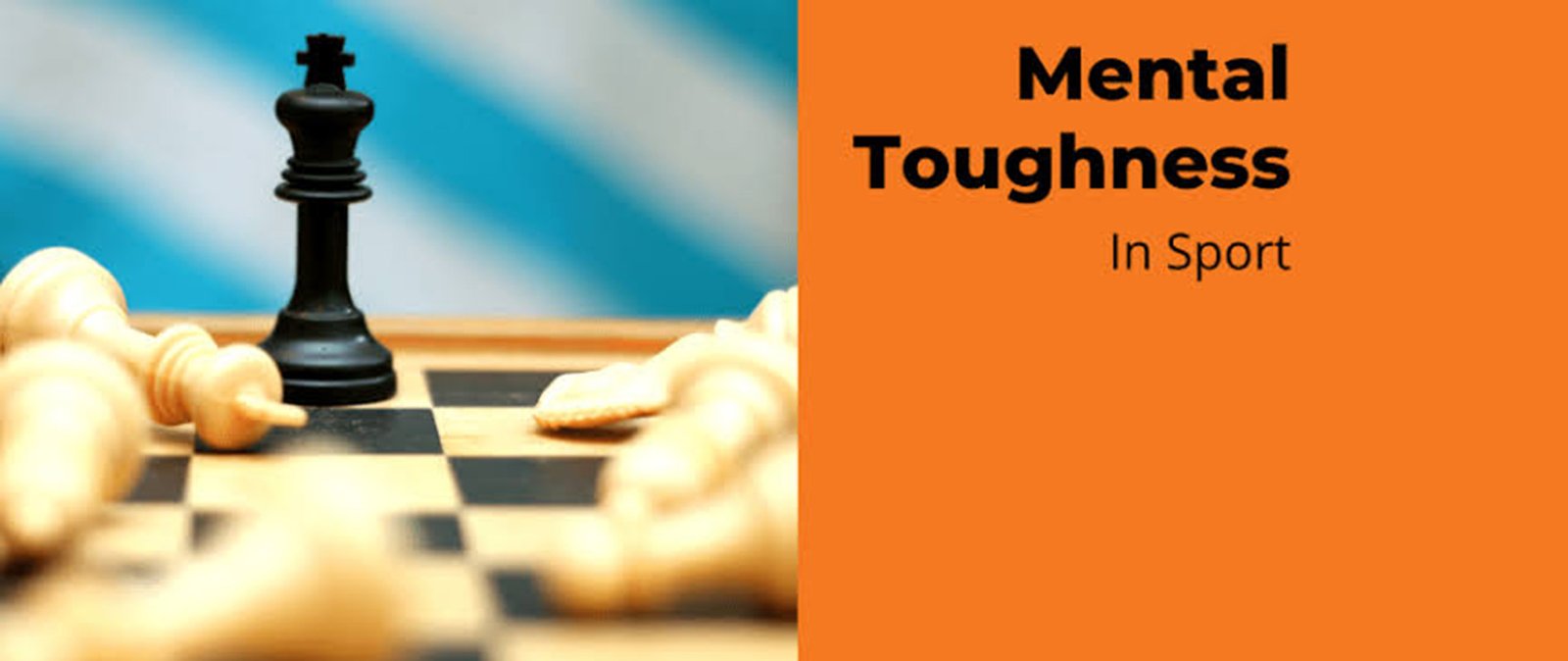From being considered a hobby or a past-time activity, sport is rapidly becoming a viable career option today. Sportspersons invest tremendous effort, time and money in maintaining and improving their fitness and performance in their chosen sport and trying to achieve their highest potential. Be it through physical exercise, strict diet regimes, regular training and practice. Along with training, nutrition and medical support, there is one more crucial piece to the puzzle of improving athletes’ performance – psychology.
Sport Psychology, has been popularly defined as the “scientific study of the psychological factors that are associated with participation and performance in sport, exercise, and other types of physical activity” (American Psychological Association). While coaches focus on the training and technique of the sport itself, sports psychologists focus on sportspersons’ mind. By applying psychological concepts and techniques to sports, it can help not only to enhance sports performance but also to ensure mental well-being. For this purpose, sports psychologists provide consultation and counselling services for individuals as well as teams.
Suhasini, a budding psychologist and a sportswoman herself, shares how her knowledge of psychology helped her in her game – “When I started out, I didn’t even know there is something called Sports Psychology. So back then, we had no access to it, all we knew was our trainings done by our Coach. But when I studied psychology as a subject, I started knowing about it and also how I could use it in my game. After that it really helped me to overcome my fears, identify my irrational thoughts and develop a positive attitude. This increased my confidence and changed the game for me. It also enabled me to build a healthy relationship with my coach and also understand the realities on and off the field.”
The discipline of Sport Psychology is relatively young – it emerged with the work of Dr. Normal Triplett, who published the first scientific paper on this subject. It was subsequently popularized by Dr. Coleman Griffith who created the first sport psychology lab in the USA and was also the first sport psychologist ever hired by a professional sports team, the Chicago Cubs baseball team. Yet, despite being in its developing stages, sports psychology has proved itself to be a promising field through its widespread applications and invaluable contributions.
Sports psychologists use many techniques and strategies to address problems faced by sportsperson and work primarily in the areas of performance enhancement, counselling, consultations and trainings. Some areas in which sport psychology can prove to be beneficial are:
- Understanding yourself as a sportsperson: sports psychology can increase awareness about your learning styles, mental strategies and factors affecting your performance. Along with this knowledge, it can also equip you with various interventions tailor-made for your needs.
- Understanding the competition: along with knowing yourself, it is also important to have a good understanding of your opponent – their strategies, mental set, motivations, tactics, performance under pressure, any triggers or anxious tendencies, etc.
- Enhance performance: Sports psychologists can facilitate the sportsperson in reaching optimal athletic performance through goal setting, performance planning, building motivation, attention, concentration, resilience, developing self-esteem and confidence, etc.
- Handle stress and pressure: the competitive world of sports creates high pressure to be at the peak of one’s game. Hence, psychologists work with sportsperson to manage and guard against stress, burnout, emotional and mental health issues caused by this pressure.
- Bounce back from setbacks: Hurdles, injuries and setbacks are an inevitable part of every sport. So, every aspiring sportsperson needs to become resilient and develop mental toughness that can help him/her to refocus on their goal and strive for it with renewed energy. Further, sports psychologists can also aid a person in recovering from sport injuries and for rehabilitation.
- Counselling: experiencing emotional, behavioural or mental health difficulties can significantly impact a person’s performance. Hence, sports psychologists also work with improving and maintaining psychological well-being. Along with this, they also provide interventions for disruptive, aggressive or violent behaviour, substance abuse, weight management, and other factors that can affect performance.
- Consultation and training: Apart from aiding individual sportsperson, sports psychologists also work with sports teams and coaches in areas such as team building, interpersonal and leadership skills, and early identification and prevention of psychological difficulties.
In addition to the above, many sports psychologists also play an important role in helping other people integrate sports into their daily lives as a part of their fitness and exercise program.
Today, more and more teams and professional players are turning towards sports psychology as a valuable resource to maximize their potential and achieve their best performance. It’s vital role in an athlete’s success has been highlighted by none other than Michael Johnson, who says “The mind is absolutely instrumental in achieving results, even for athletes. Sports psychology is a very small part, but it’s extremely important when you’re winning and losing races by hundredths and even thousandths of a second”.









